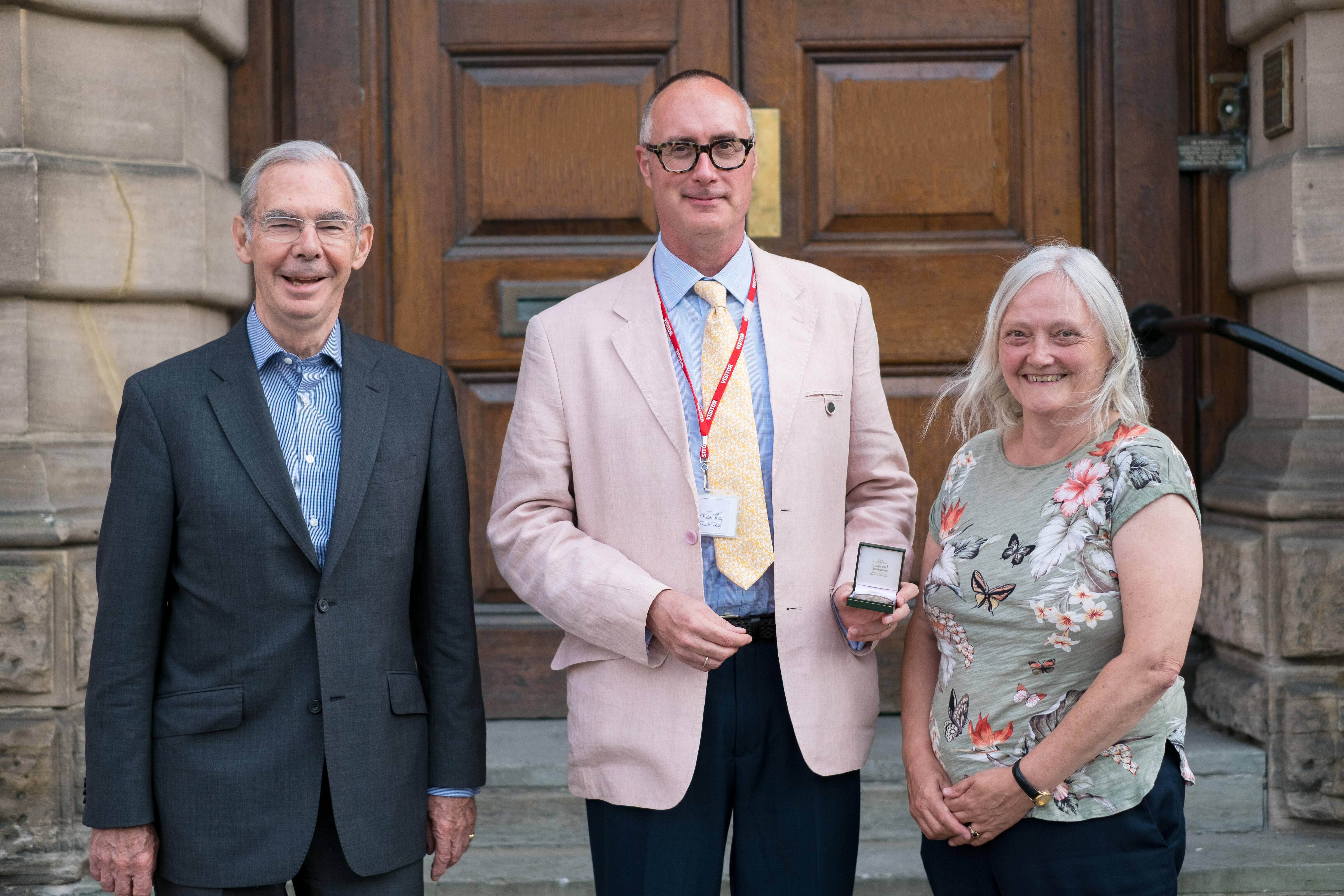
Dr S. Patrick Kachur, Chief of the Malaria Branch at the US Centres for Disease control and Prevention (CDC), delivered the prestigious LSTM Leverhulme Lecture at LSTM on Monday evening.
His Lecture entitled: “Fetish or fulcrum: the appeal of commodities in 21st century global malaria efforts”, was introduced by LSTM’s Director Professor Janet Hemingway, following a world of welcome to assembled audience of staff, students and invited guests from LSTM’s Chairman, James Ross OBE.
His lecture looked at the role and appeal of life-saving commodities in pushing forward the efforts in the control of malaria. He began by looking at the global malaria burden and tracking the peaks and progress from the mid-1990s to the remarkable progress in reducing cases and deaths between 2001 and 2015. Dr Kachur pointed out that this reduction in death of 60% globally was in the main part due to four scalable control interventions, or commodities, better case management due to improved diagnostics and treatment, particularly the introduction of artemisinin-based combination therapies (ACTs), insecticide-treated bed nets (ITNs), indoor residual spraying and intermittent preventive treatment in pregnancy.
Dr Kachur talked through the role of the CDC in eliminating malaria from the US and some of the early trials that he was involved with looking at the importance of ITNs, monitoring the impact of ACTs. Prior to 2004 both ACTs and ITNs were not available outside trials and pilot studies and it took the formation of the Global Fund and investment from other sources such as US, UK and World bank funding to push progress forward.
He went on to look at the transformative power of commodities, the scale of distribution of ITNS and rapid expansion of ACT policy and point of care diagnostics and their impact of malaria reduction efforts. He talked about the appeal of those commodities from material, political or economic and practical standpoints as well as identifying some of the vulnerabilities across the same areas before concluding by looking at the opportunities available currently and in the near future.
Following the lecture Dr Kachur took questions from the audience and was then presented with the Leverhulme medal by Professor Janet Hemingway.
LSTM is proud to be one of a select number of institutions given the honour of hosting a prestigious Leverhulme Lecture series. The lecture series was established by LSTM’s Professor David Molyneux and Viscount Leverhulme, thanks to the generous support of Lord Leverhulme’s Charitable Trust in 1997.